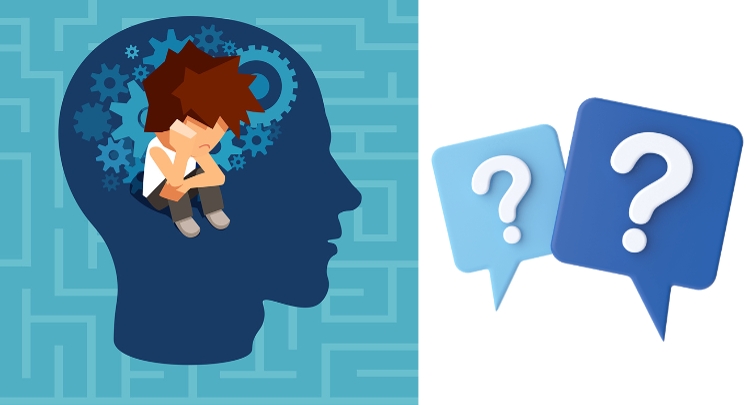
The Causes of Substance Addiction
Substance addiction is a complex phenomenon that results from a combination of biological, psychological, and social factors. While there is no single cause of addiction, research has identified several key factors that contribute to its development.
Biological factors include genetic predisposition, changes in brain chemistry, and physical withdrawal symptoms. Individuals with a family history of addiction are more likely to develop addiction themselves, as they may have inherited genetic traits that make them more susceptible to addiction. Furthermore, chronic drug use can cause long-term changes in brain chemistry, altering the way the brain responds to drugs and creating physical dependence. When drug use is abruptly discontinued, physical withdrawal symptoms can occur, making it difficult for individuals to stop using drugs.
Psychological factors, such as stress, trauma, and mental illness, can also contribute to addiction. Individuals who experience high levels of stress or trauma may turn to drugs as a coping mechanism, while those with mental illness may use drugs to alleviate symptoms. Additionally, personality traits such as impulsivity and sensation seeking have been linked to addiction.
Social factors, including peer pressure, social isolation, and availability of drugs, can also play a role in addiction. Individuals who are surrounded by others who use drugs may feel pressure to do the same, while those who lack social support may turn to drugs as a way of coping with feelings of loneliness or depression. Additionally, easy access to drugs, whether through prescription or illicit means, increases the likelihood of addiction.
In summary, substance addiction is a complex phenomenon that arises from a combination of biological, psychological, and social factors. While the specific causes of addiction may vary from person to person, understanding these underlying factors can help inform prevention and treatment efforts.
What are the signs of substance addiction?
Substance addiction, also known as drug addiction, is a complex and chronic disease that affects the brain and behavior. The signs of substance addiction may vary depending on the type of drug and the severity of the addiction, but there are some common signs to look out for:
-
Physical symptoms: Substance addiction can cause a range of physical symptoms, including changes in appetite, sleep disturbances, weight loss or gain, and a decline in personal hygiene.
-
Psychological symptoms: Individuals with substance addiction may experience psychological symptoms such as mood swings, anxiety, depression, and irritability. They may also experience a loss of interest in activities they once enjoyed.
-
Social symptoms: Substance addiction can also impact a person's social life. They may begin to isolate themselves from friends and family, experience relationship difficulties, and have problems with work or school.
-
Cravings and compulsive behavior: One of the hallmark signs of substance addiction is the presence of cravings and compulsive drug-seeking behavior. Individuals with addiction may go to great lengths to obtain the drug and may experience intense cravings when they are unable to use.
-
Tolerance and withdrawal: As the addiction progresses, individuals may develop a tolerance to the drug, meaning that they need more of the drug to achieve the same effect. They may also experience withdrawal symptoms when they attempt to quit or reduce their drug use.
If you or someone you know is experiencing any of these signs, it is important to seek professional help as soon as possible. Addiction is a treatable disease, and with the right support and treatment, individuals can overcome their addiction and live a healthy and fulfilling life.
All content found on the DrugHelpCenters.com Website, including: text, images, audio, or other formats were created for informational purposes only. If you think you may have a medical emergency, call your doctor, go to the emergency department, or call 911 immediately. DrugHelpCenters.com does not recommend or endorse any specific tests, physicians, products, procedures, opinions, or other information that may be mentioned on DrugHelpCenters.com.